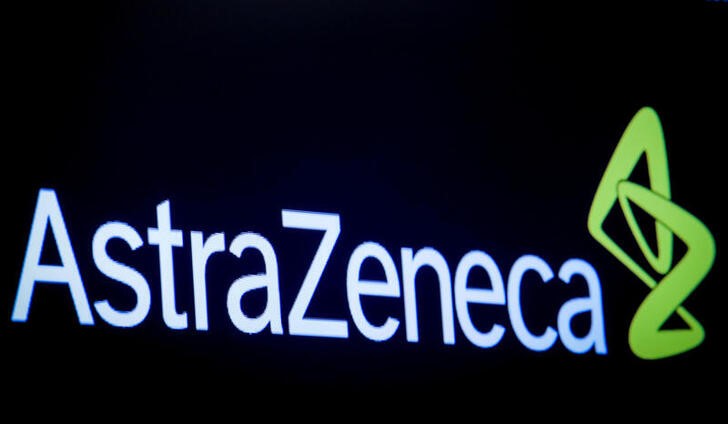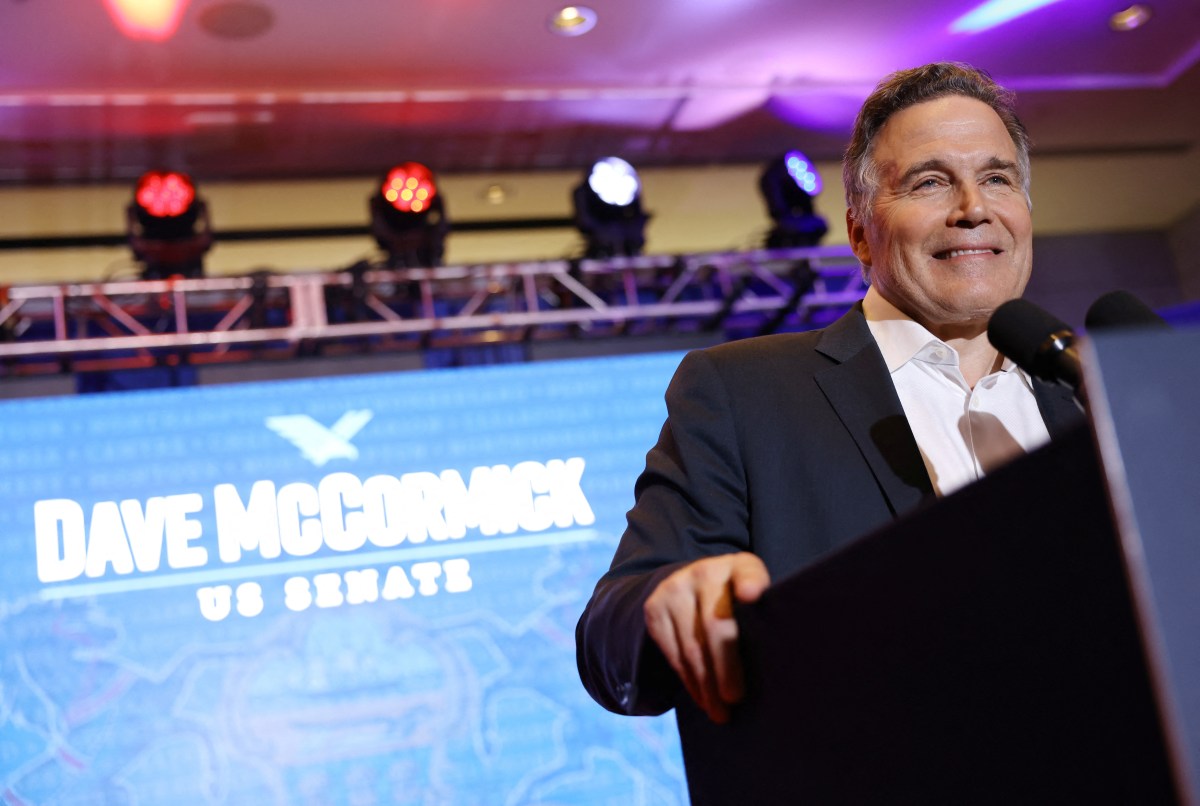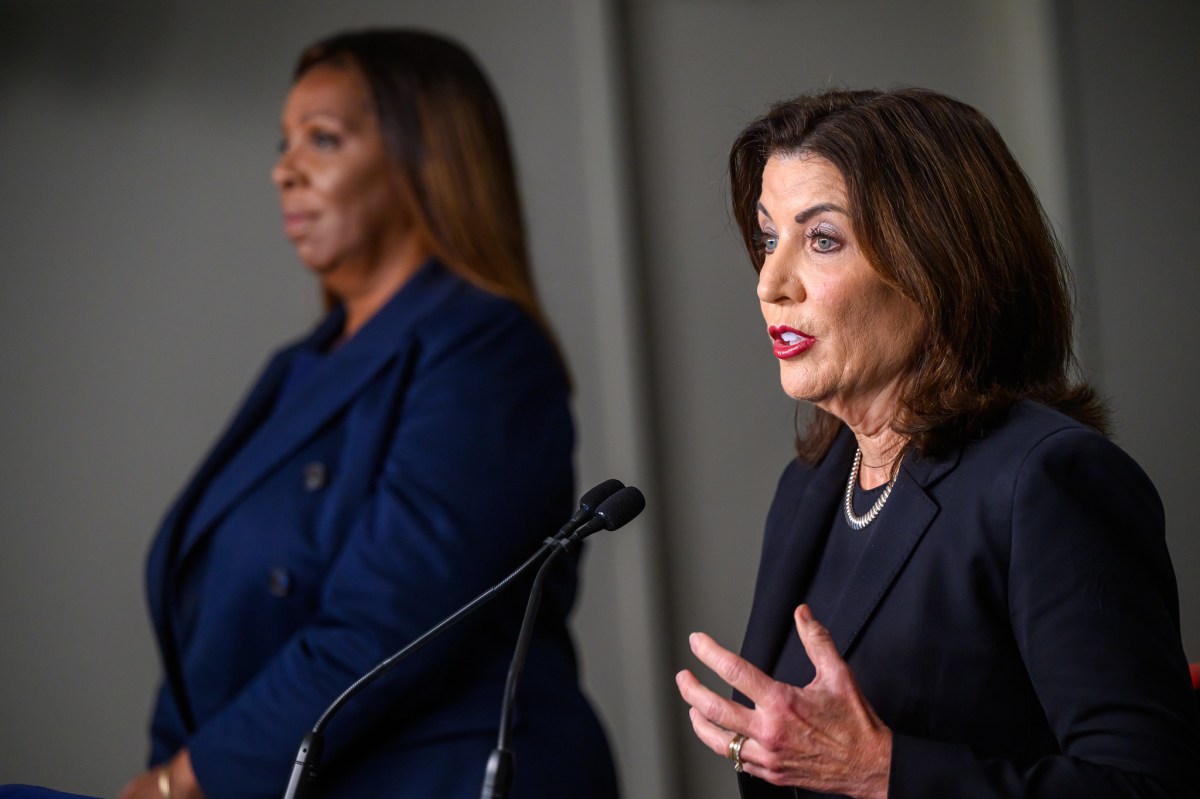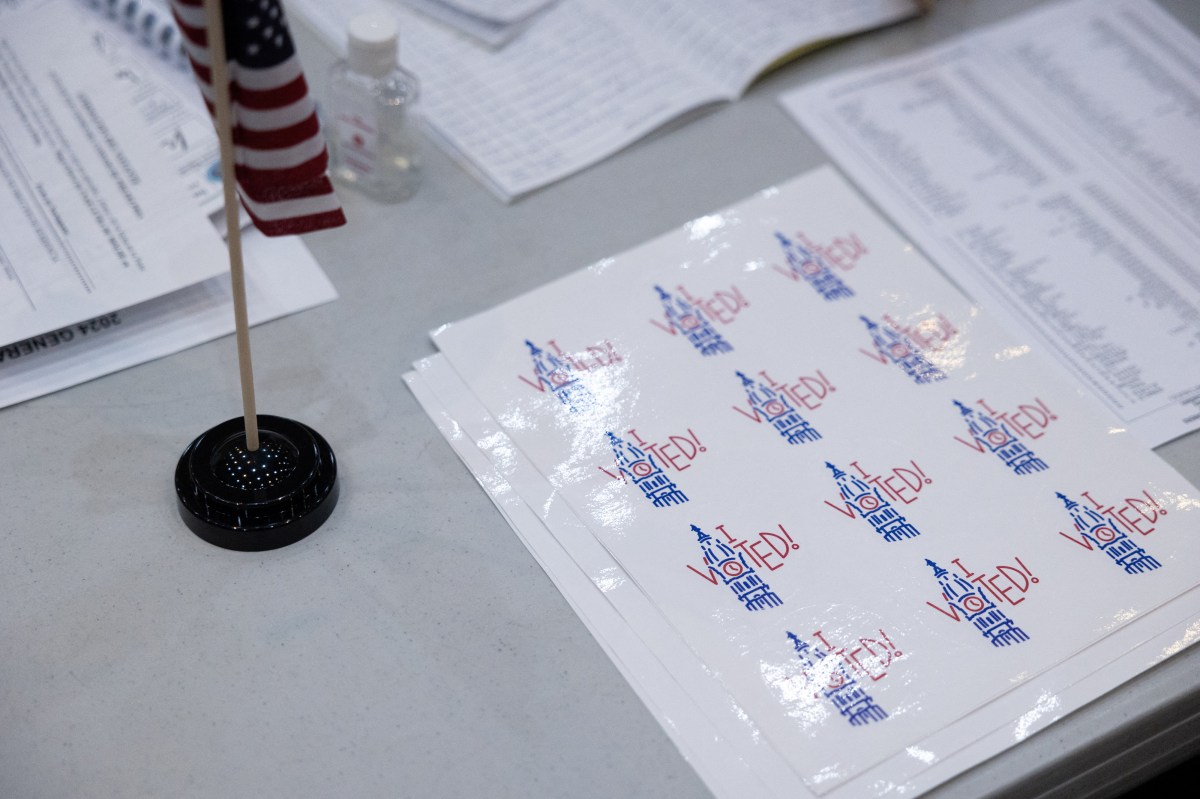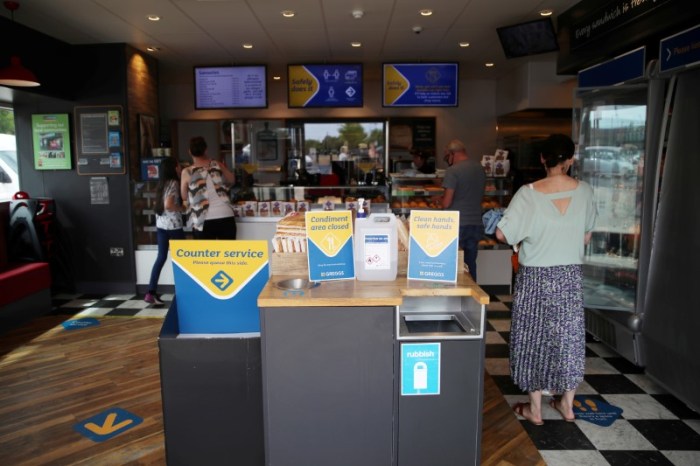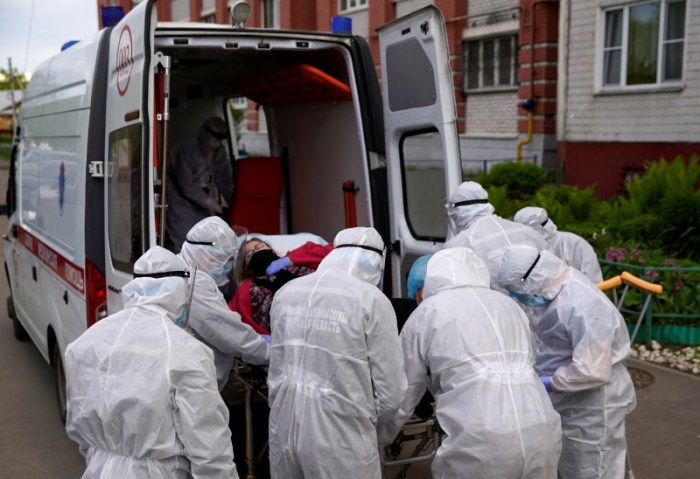(Reuters) – Britain’s AstraZeneca has clinched expanded regulatory backing for two medications, including one for blockbuster cancer treatment Lynparza, in a development pipeline that now includes a possible coronavirus vaccine.
Lynparza received a recommendation from a panel of the European health regulator for use as a follow-on treatment for a form of advanced pancreatic cancer while heart drug Brilinta received a U.S. green light, the company said on Monday.
AstraZeneca, now the most valuable London-listed company, has garnered international attention with its hot pursuit of a coronavirus vaccine, sealing U.S. government funding last month as it aims to produce a billion doses this and next year.
Separately on Monday, AstraZeneca’s manufacturing partner Oxford Biomedica said it had hired French pharma veteran Roch Doliveux as non-executive chairman as the gene and cell therapy company vies for major role in the vaccine.
Oxford Biomedica last week signed a one-year deal with AstraZeneca to provide multiple batches of the vaccine, which is now being tested on humans.
The vaccine, AZD1222, was developed by researchers at the University of Oxford and licensed to AstraZeneca. The drugmaker is in talks with several governments and global partners in its efforts to boost production of the vaccine.
While the British company actively signs deals for its vaccine, AstraZeneca’s core offering of cancer and heart medication continues to perform well.
Lynparza, which is being developed with U.S. drugmaker Merck, can now be marketed as a treament for a form of pancreatic cancer in Europe if the European Commission endorses the recommendation from the European Medicines Agency’s human medicines committee.
Lynparza had gained U.S. approval for the same indication late last year. (https://reut.rs/2XolifQ)
AstraZeneca also said the U.S. Food and Drug Administration (FDA) had approved Brilinta for use as a treatment to reduce the risk of a first heart attack or stroke in high-risk patients.
The company’s shares were up 1% at 86.70 pounds at 1306 GMT.
(Reporting by Aakash Jagadeesh Babu and Pushkala Aripaka in Bengaluru; Editing by Vinay Dwivedi and David Goodman)

